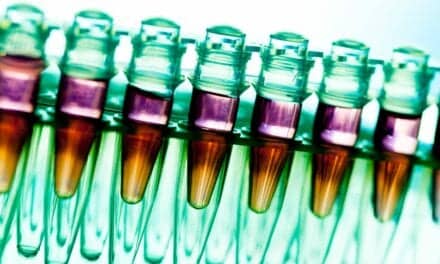Porvair Sciences has launched its new Sero Krystal PDL range of coated microplates to promote superior cell attachment, growth, and proliferation for a wide range of cell types in serum-free media.
Many scientists would prefer to grow cells in a serum-free environment to more accurately mimic physiological conditions. However, this often presents challenges as cell lines often struggle to attach to traditional tissue culture plastics in the absence of serum. Manufactured from ultra-pure polystyrene in a clean room environment, Sero Krystal Poly-D-Lysine (PDL) coated microplates were developed by Porvair Sciences to overcome these challenges.
Poly-D-Lysine is a synthetic (animal-free) extracellular matrix used in cell culture applications to promote cell adhesion. Available in 96- and 384-well formats these new Sero Krystal PDL microplates are uniformly coated with a 70 to 150 kDa PDL polymer using proprietary methods. The coating creates a uniform net positive charge on the surface of the plate wells.
This positive surface charge improves electrostatic interactions between the coated surface and the negative charges of the cell membrane resulting in improved cell attachment. Sero Krystal microplates are ideal for the culture of transfected cell lines, primary neurons, glial cells and fibroblasts, such as the adherent mouse fibroblast cell line L929 and other common adherent cell lines including HEK-293, BHK-21, PC12 and, NSC-34.
Sero Krystal PDL coated microplates incorporate an optically clear base. The consistent flatness of the Sero Krystal microplate base gives superior light transmission for high resolution imaging and a flat optical plane for growing cells. Supplied sterile and ready-to-use, Sero Krystal PDL coated microplates are the first part of the new Sero range of cell culture plates to launch from Porvair Sciences.
Porvair Sciences, together with JG Finneran and Porvair Kbiosytems, are global manufacturers of consumables and instruments for life science and analytical workflows.





